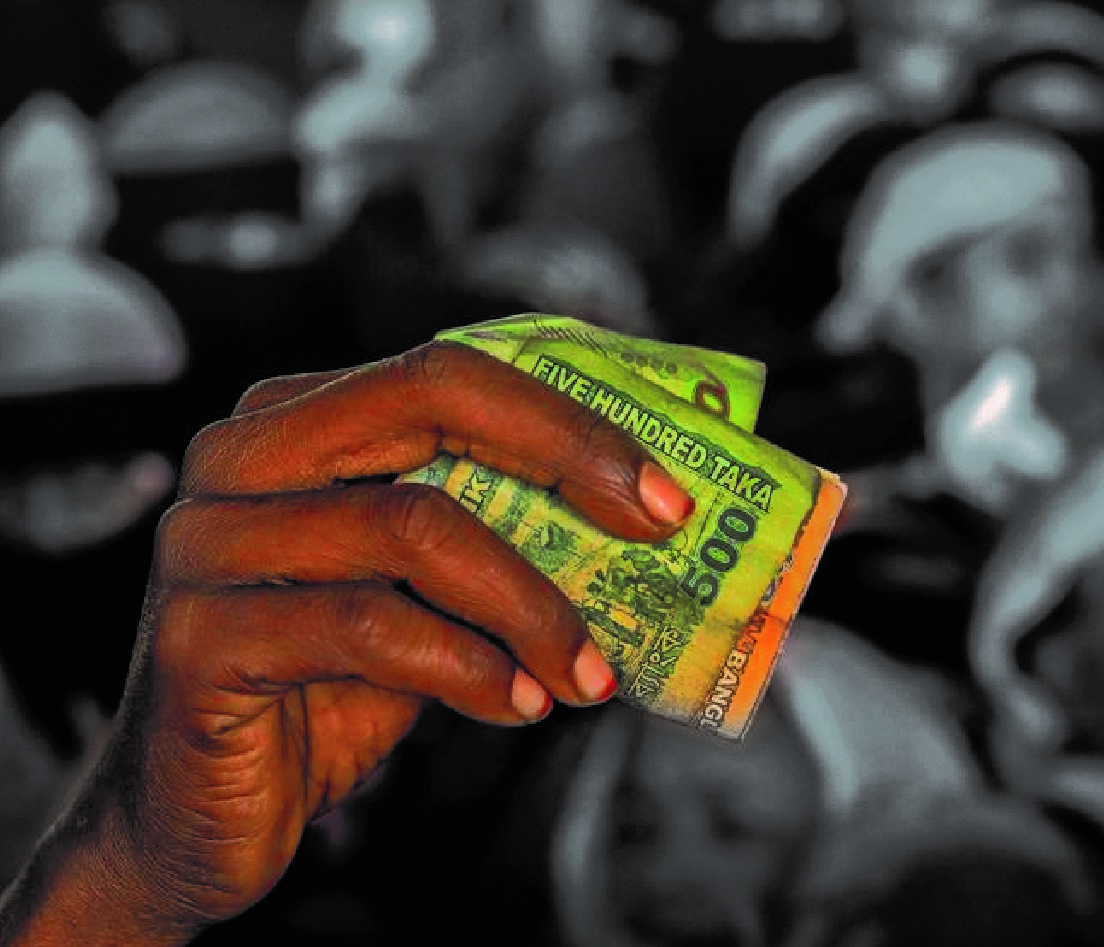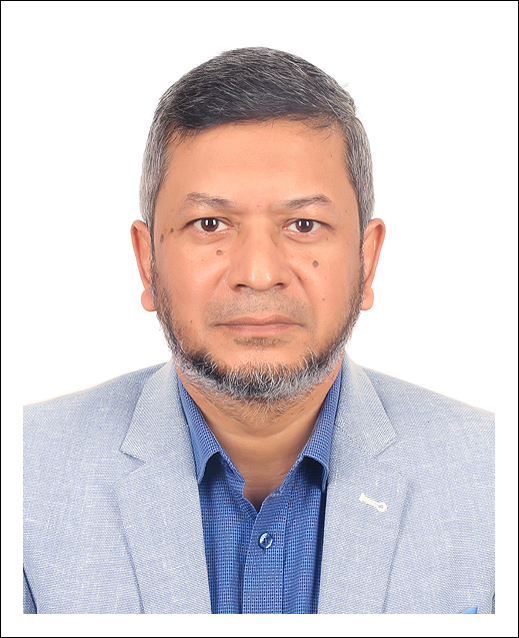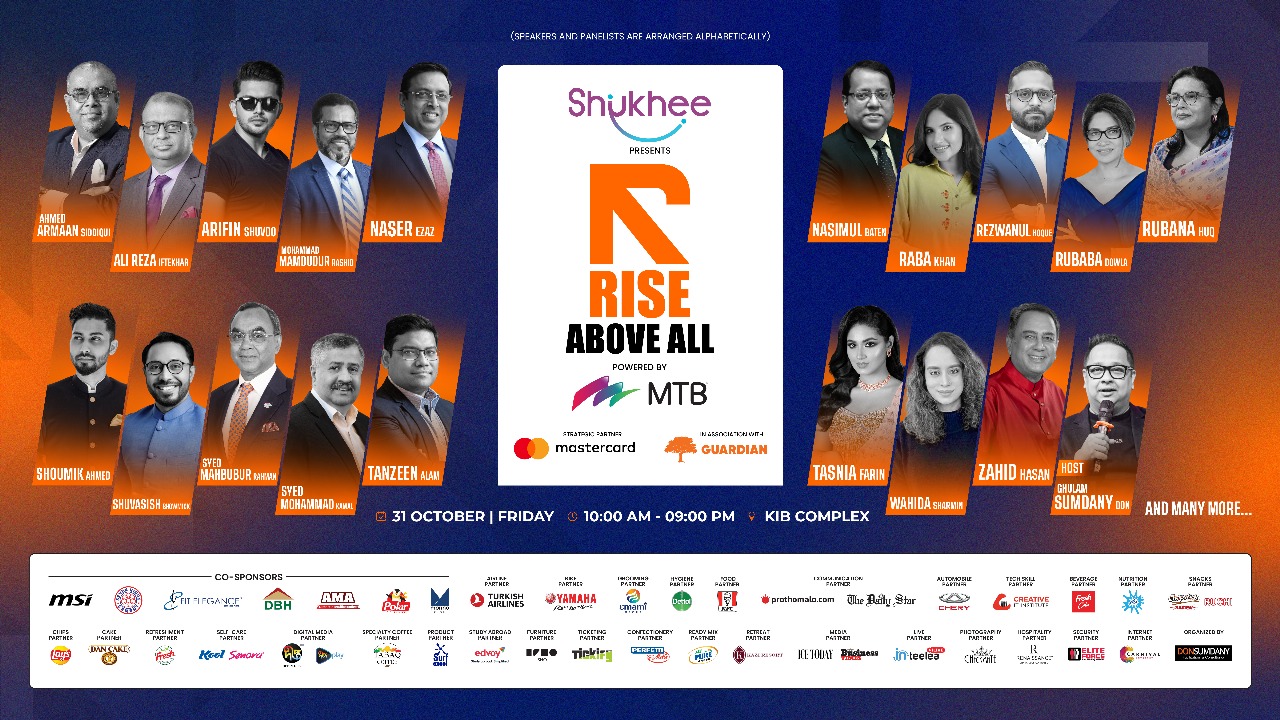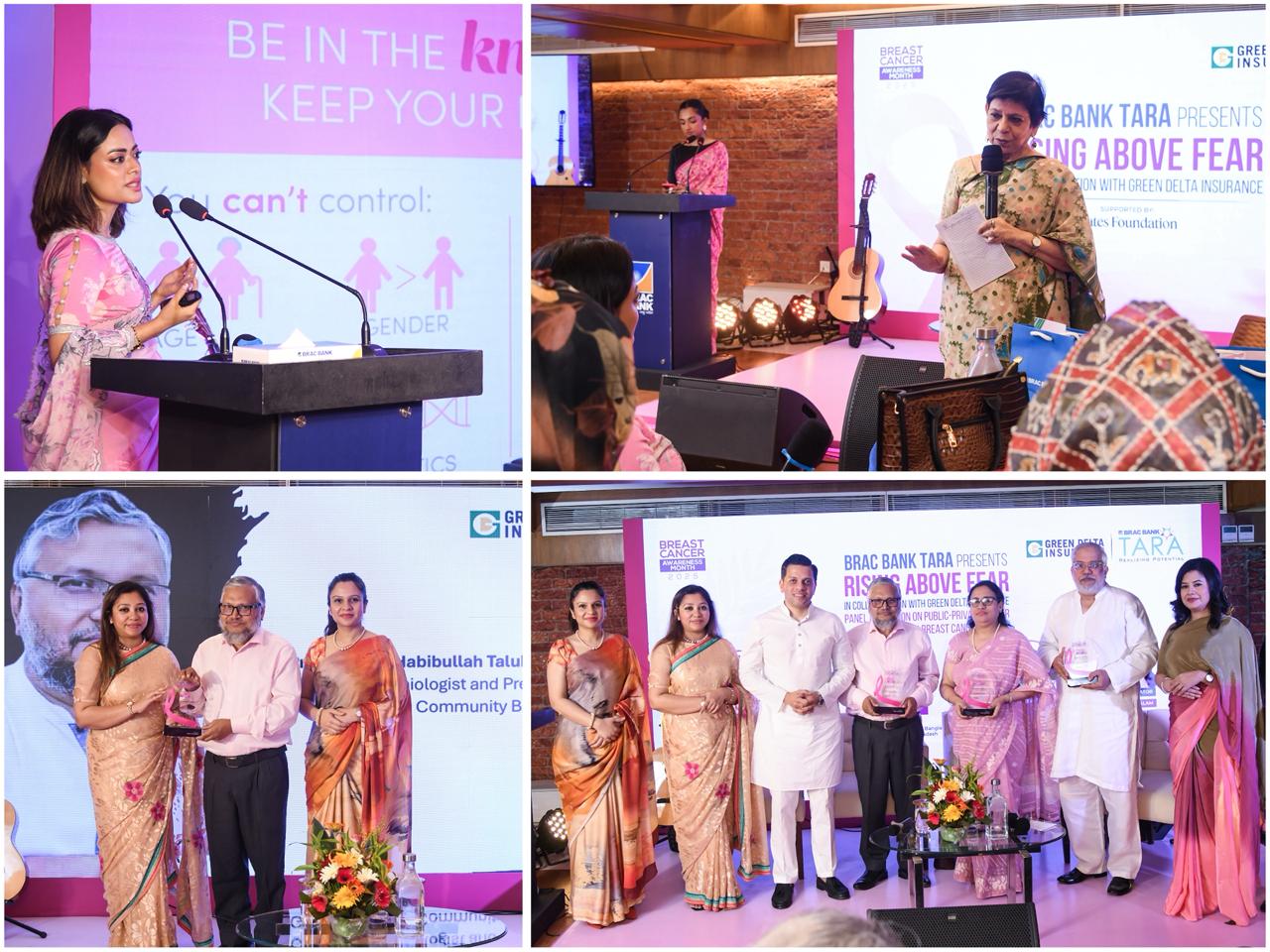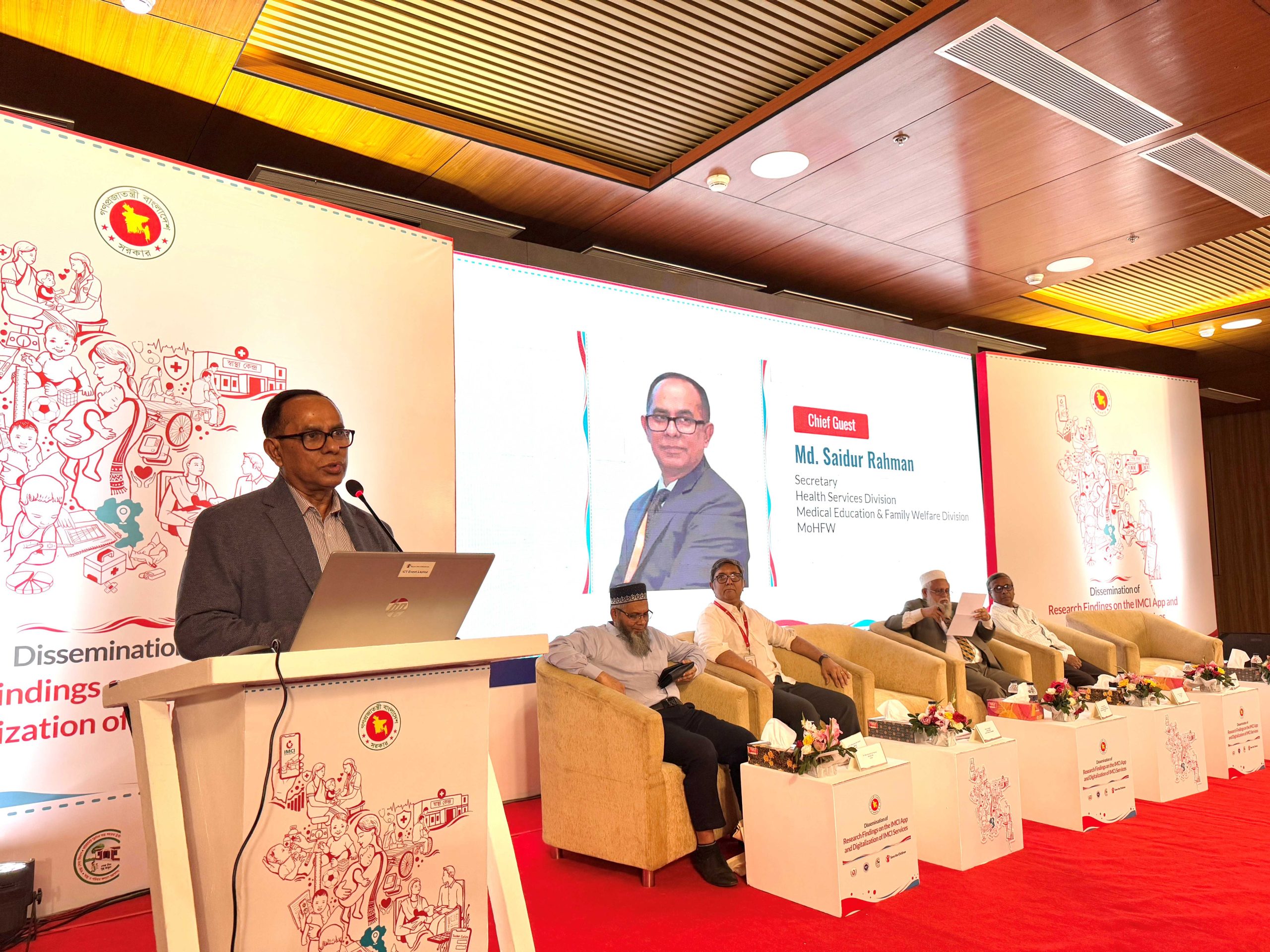The argument for cutting tax to tame soaring prices in Bangladesh
One of USA’s great financial analysts Dave Ramsey said, “A budget should tell you where the money should go instead of wondering where it went.” After looking at the pre-budget consultation, most of us have started to wonder where all the money is going. Looking at the new budget plan, one can never see a poor person spending their way into prosperity.
The first thing that comes to everyone’s attention when discussing the budget is taxation. The dent in consumer’s wallets caused by excessive taxation on essential commodities came at a time when most people were already struggling to make ends meet.
FOOD INFLATION IS CREEPING UP
CPD Executive Director Fahmida Khatun said that compared to the previous month, commodity food inflation increased to 6.22% in February. According to BBS data, this is because of a price hike in most of the items such as rice, wheat, pulses, sugar, fish, beef, mutton, egg, edible oil and milk in February, compared to a month ago. In such a situation, the lower and middle class had to line up in front of trucks owned by the Trading Corporation of Bangladesh (TCB), because they were offering commodities at heavily-subsidised rates. But is there respite?
In order to overcome this situation in the pre-budget consultation, a recommendation was made to reduce the duties and taxes on commodity items as a desperate measure to manage the price hike and provide some comfort to consumers. NBR Chairman Abu Hena Md Rahmatul Muneem hosted this meeting which was held at the NBR building in the city’s Segunbagicha area Dr. Atiur Rahman, Bangabandhu Chair Professor, University of Dhaka & Former Governor, Centre for Policy Dialogue (CPD), Mr. Ranjan Kumar Bhowmic FCMA, Retd, and Mr. Md. Mamunur Rashid FCMA, Vice-President of ICMAB were all present at the meeting and made this proposal to be included in the upcoming National Budget. Among the others who joined the discussion were entrepreneur Selima Ahmed MP, Bangladesh Institute of Development Studies Senior Research Fellow Nazneen Ahmed, former National Board of Revenue Chairman Muhammad Abdul Majid and banker Mamun Rashid.
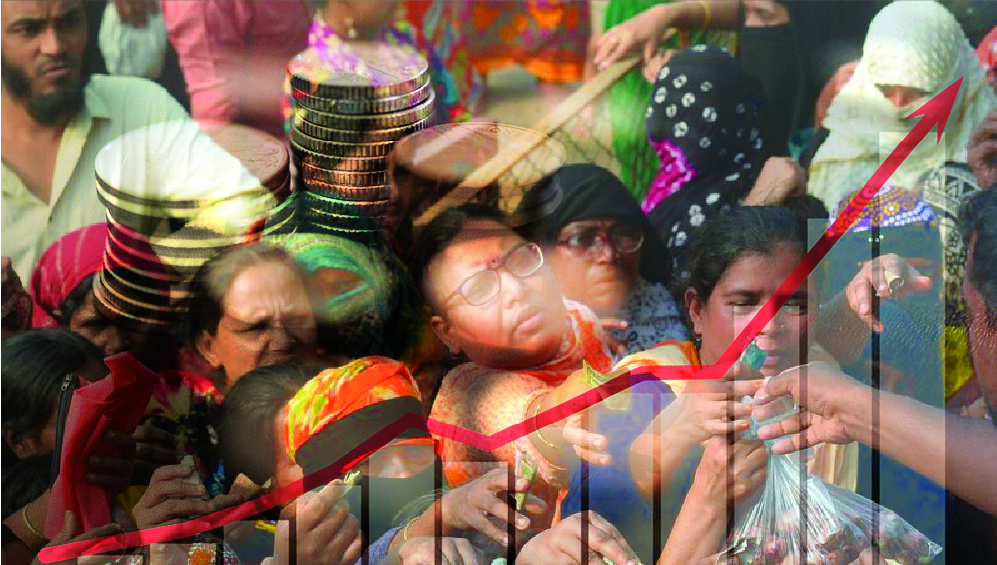
UNDECLARED INCOME MUST COME TO LIGHT
The CPD urged to eliminate the present laws for legalising concealed revenues, which economists believe disrupt the natural conduct of the economy and market. They recommend that a ‘Benami Property’ Bill should be adopted in parliament to address the issue of undeclared income.
ENCOURAGING AGRICULTURE
MA Mannan said that agriculture and industry should get priority in the new budget, due to the volatility in farm income over the last year, caused by the pandemic. They suggested that the repayment duration of agriculture loans granted under the stimulus package should be extended to three years. The import of various raw materials should be exempted from prior income tax in order to reduce the cost of production in the agricultural, non-crop, fishery, and livestock sub-sectors (AIT).
MAKING PERSONAL INCOME TAX FAIRER
In the meeting, CCCI President Mahabubul Alam proposed to increase tax-free income limits to the NBR chairman. He said that tax-free limits for the highest rate of personal income tax should be raised to BDT 3.5 lakh at 30%, which was reduced to 25% in the FY 2021. The CPD stated that reducing the highest tax rate to 25% in FY 2021 was against tax justice for common people. They also stated that the second slab for PIT (personal income tax) which is 5% for every additional BDT 1 lakh should be increased to BDT 3 lakhs to provide relief to low-income earners.
EDUCATION IS NOT A LUXURY
CPD in its budget proposal said that the budget for FY22 should allocate enough resources for digital and technical support for educational institutions across the country. They also stated that “VAT on English-medium schools should be removed completely and immediately as education cannot be considered a luxury good. Adequate merit facilities should be encouraged with incentives, if possible.”
SMOOTHING TOBACCO TAXATION SYSTEMS
The information sheet examined Bangladesh’s present tobacco tax structure and indicates that there is a 65% excise tax which is raising the minimum price across all brands. The government should consider the levels of taxation on tobacco and tobacco-related items and replace them with a single system which might be more beneficial.
MOBILE INTERNET IS THE NEW OFFICE WIFI
In the aftermath of the epidemic, the need for and the use of mobile internet-based services for educational and business purposes has risen. In light of this, the government should eliminate the present 15% extra duty as well as the 1% surcharge on mobile internet usage, while maintaining the current VAT rate of 5%.
ECONOMY BEFORE EVERYTHING
They also thought that it would be beneficial to reduce the corporate income tax rate for non-publicly traded companies from 35% to 32.5%, as well as to reduce or withhold tax on all types of export proceeds, including those of RMG enterprises. In addition, considering the COVID-19 crisis, tax holiday provisions for the seven newly emerging manufacturing sectors targeted in the FY21 budget, as well as the existing 26 sectors, should not be eliminated in the forthcoming budget. Head of Snehasish Mahmud & Co, a well-known chartered accounting firm, suggested that making use of an e-TIN certificate should be mandatory while paying holding taxes, a practice that is currently applicable just for trade licensing.
At present, the government collects revenues from fuel sales in four three of taxes – VAT, duty, and trade tax – all of which have collectively crept up to around 30%. Prof Dr. M Tamim, eminent energy expert and special assistant to the former Chief Adviser of the Caretaker Government, said, “The government should consider removing some existing taxes on fuel that might calm the price hike.” Rubbing salt into the wound, fuel prices also increase commodity prices as people have to pay extra for transportation.
BUILDING THE NATION, ONE BRICK AT A TIME
It was proposed that tax rates be reduced on cement, iron and iron products from 3% to 2%. A reduction in the steps of tax rate against supply from 4 steps to 3 was also proposed.
FUEL OF THE STOVE
In order to lower prices of edible oil, the NBR issued a suggestion to waive 15% VAT in manufacturing and 5.0 in trading stages of edible oils. By doing this, the price of edible oils may come down by BDT 2 to BDT 3 per liter. Health Should Take Priority. Mamun Rashid said that the MF (Ministry of Finance) should set up a new establishment for health administration which would help to improve the health sector. They added that exemptions of import duties and taxes introduced in the FY21 budget related to health services should be continued in FY22. Medicines for COVID-19 treatment that need to be imported should also be tax-free.
The CPD urged to eliminate the present laws for legalising concealed revenues, which economists believe disrupt the natural conduct of the economy and market. They recommend that a ‘Benami Property’ Bill should be adopted in parliament to address the issue of undeclared income.
RESPITE FOR THE MIDDLE CLASS
The FBCCI, in its proposals, stated that VAT zones are putting pressure on taxpayers to deposit VAT without adjustment. They demanded that VAT and supplementary duties for lower- and middle-class people on their daily consumable goods such as common goods, essential products, transportation, recycling, servicing sector etc. should be waived. Prof Abul Barakat, President of the BEA, presented a written proposal to the meeting where economists of the association supported boosting wealth tax rather than raising the direct tax burden on the poor.
DIGITISING TAXES
The CPD suggested to allow for more resources to develop the e-TDS system. An e-TDS system, which CPD has been campaigning for, for a number of years, can increase the digitisation of the revenue for mobilisation purposes. With the implementation of the e-TDS system, the NBR will be able to issue tax certificates based on an e-TIN linked to the TDS collection system, making TDS more difficult to avoid.
EXPORTS AND RENEWABLE ENERGY
Export-oriented industries must be rewarded. SREDA intends to ask the MoF to grant a 5% tax exemption to factories that generate at least 20% of their total energy needs from renewable resources under the MoPEMR. Developing solar energy plants will be a big part of this project.
INCENTIVE TO ‘MADE IN BANGLADESH’
CDP implied that the government should subsidise local industries more. To take Bangladesh ahead in the mega industry, an automobile manufacturing company established with an investment of at least BDT 100 crore or more shall enjoy a 20-year tax exemption. Washing machines, blenders, microwave ovens, electric sewing machines, induction cookers, kitchen hoods and kitchen knives and kitchen appliances industry will enjoy 10 year tax exemptions.
REFORMS IN EXISTING SYSTEMS
PwC recommended a modernisation to the e-TIN application system that would allow foreign enterprises (without a local presence) and foreign citizens, to register for e-TIN without having to specify their work-permit registration number.
FINAL NUMBERS
Given the restrained revenue environment, it was suggested that the allocation of resources should be: education at 2.1% of GDP; health at 0.8% of GDP; water resources at 1.0% of GDP, social protection at 1.2% of GDP, and others at 4.0% of GDP. Over the past several years, national budgets have set highly unrealistic tax revenue targets that have no bearing on what is feasible and also have little or no reform content. Instead of using the base year tax revenue system for projecting a revenue target for FY 2022, the actual tax collection in FY 2021 should be used, which will help to get a more achievable target this year.
The finalised proposed budget for the upcoming 2022-23 fiscal year will be presented in parliament in early June. From the pre-budget parley, we can assume that the budget for FY 2022 is aiming to protect the poor and fixed-income households. But this has not yet been supported by mindful measures and a proper distribution of resources. Given previous years’ history, what can one really expect from the forthcoming national budget for FY 2022?









